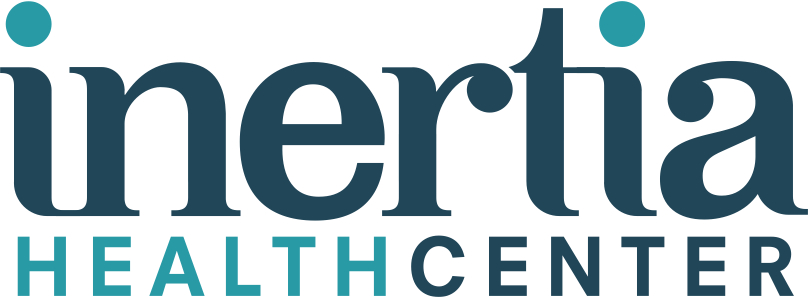After you give birth, you enter a period of transitions. You transition into becoming a mother and a caretaker, your body transitions into milk production, and you have to transition into finding some level of mental and physical stability while maintaining a chaotic and sporadic sleeping schedule. A lot is happening, and mothers all too often forget to, or feel they don’t have time to take care of themselves.
In the Womb
Feel your feelings, but understand where they’re coming from
For us women, hormones are always the culprit, right? This is something we’re used to, to some extent, but be prepared for the rollercoaster of hormones that your body will experience during pregnancy and postpartum. Right after giving birth, your estrogen and progesterone levels drop dramatically, which can contribute to postpartum depression. Another time we feel this drop in hormones is before our monthly cycles when we experience PMS. At the same time, oxytocin increases, which is the hormone that creates a bond between you and baby. This is a good, helpful hormone, but it also turns on your mothering instincts and may make you a bit hyper-vigilant of your child’s well-being. So be aware of some anxiety that might be present once baby is home and everyone is settled in.
Remember that everything you’re feeling is normal, so go easy on yourself. Don’t be afraid to talk it out with a close friend or family member, and always seek help if you feel you no longer want to care for your baby.
Ask For and Accept Help
Depending on your personality, it might be hard to accept help as it is, but with a child, it will become even more difficult. As stated before, your hormones will be messing with anxiety levels and it might be difficult or nerve wracking to allow someone else to care for your baby while you go sleep, or eat, or shower. The best thing you can do for yourself is to take advantage of help when it’s offered, and care for yourself. You will be sleep deprived, stressed, and juggling the things you normally have to take care of, plus more, all while carrying a baby too. This is all a perfect set up for a very stressed momma which results in a decreased immune system, and even more messed up hormones. This can lead to even bigger problems. So I urge you, accept help where it is offered.
Your Muscles
Throughout your pregnancy, your baby stretched and stretched your abdominal muscles, and essentially kept you from using them all that much. Now that you’re transitioning back into a flatter belly, you need to strengthen these muscles, and learn how to use them properly. Studies have shown alterations in thickness and symmetry in abdominal muscle tissue after pregnancy. These can cause muscle deficits and alterations in the way that fascia glides. If you allow this to continue, it will result in dysfunction and pain over time, and general abdominal or scar pain in the case of C-sections.
This is why it is so important to rehab these muscles. Exercises to strengthen your core DAILY will be very beneficial in the long run. Research shows that the muscle that wraps around your core and provides lumbar support as well, the transverse abdominis muscle, restores its contractility at about 4 months post-delivery. Your “ab” muscles (rectus abdominis) recover very quickly at 1 month post-delivery. Start with small, simpler movements to restore that connection from your brain to your muscles, and work your way up to more complicated, strengthening exercises when you feel more coordinated and connected to your body. Seek additional therapy and care from a professional to get some focused and personalized care for you and your body. Inertia offers a program specific to these needs. Ask your doc today to learn more and to sign up for the next session.
This is a highly stressful time for your whole body and mind and it’s easy to neglect yourself when you now have this new, beautiful addition to shift your attention and focus to. The moral of this story is that you need to take the appropriate measures to recover. Mentally, emotionally, and physically.
SOURCES:
